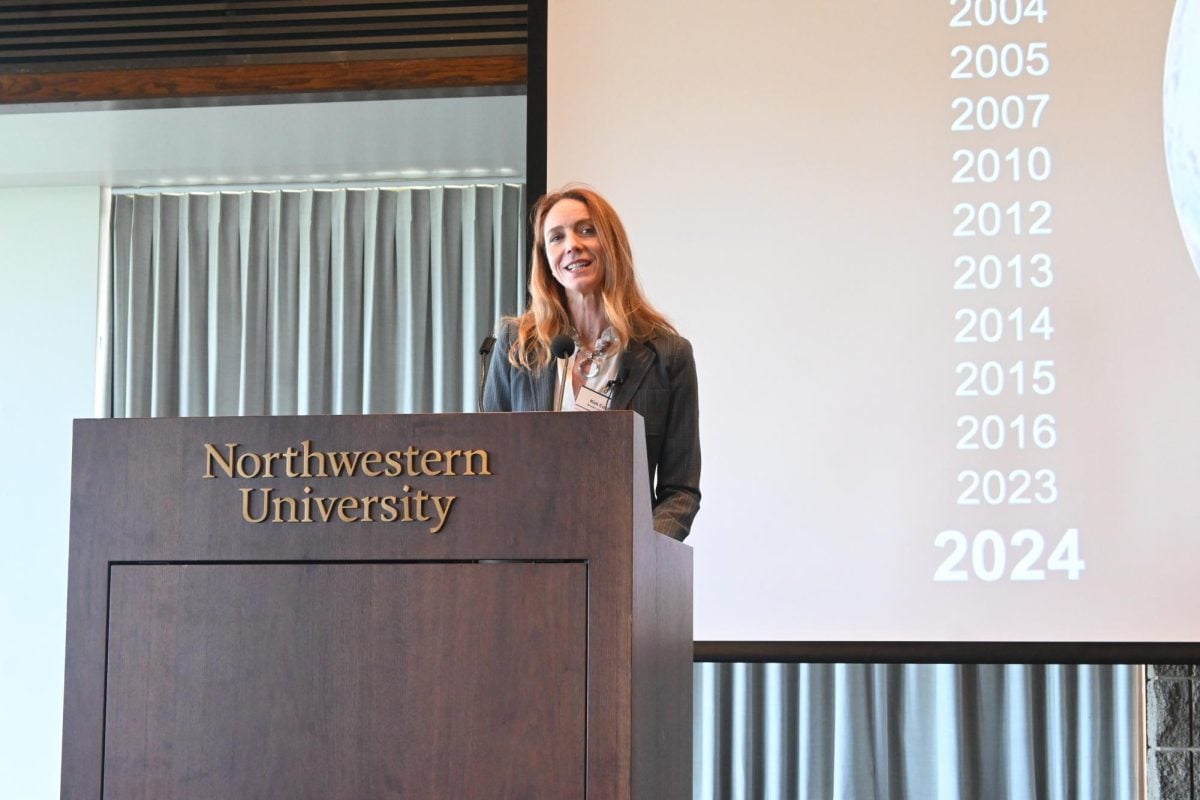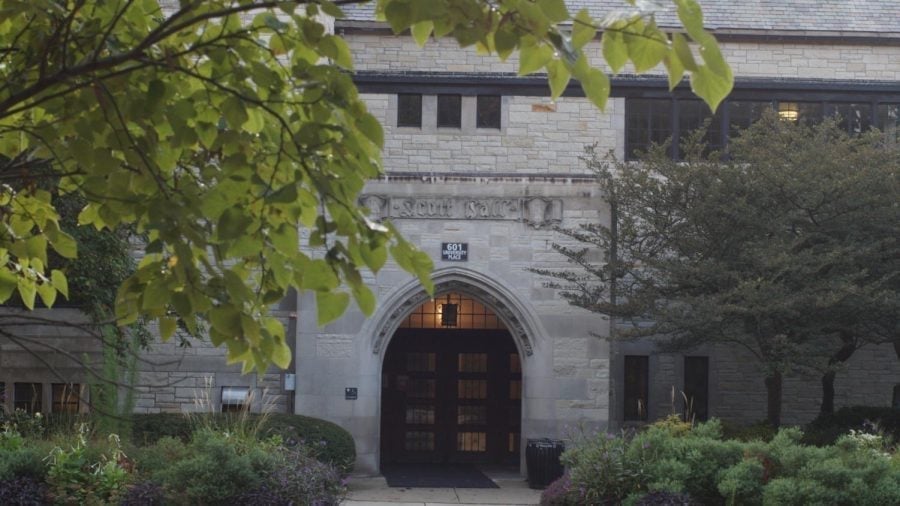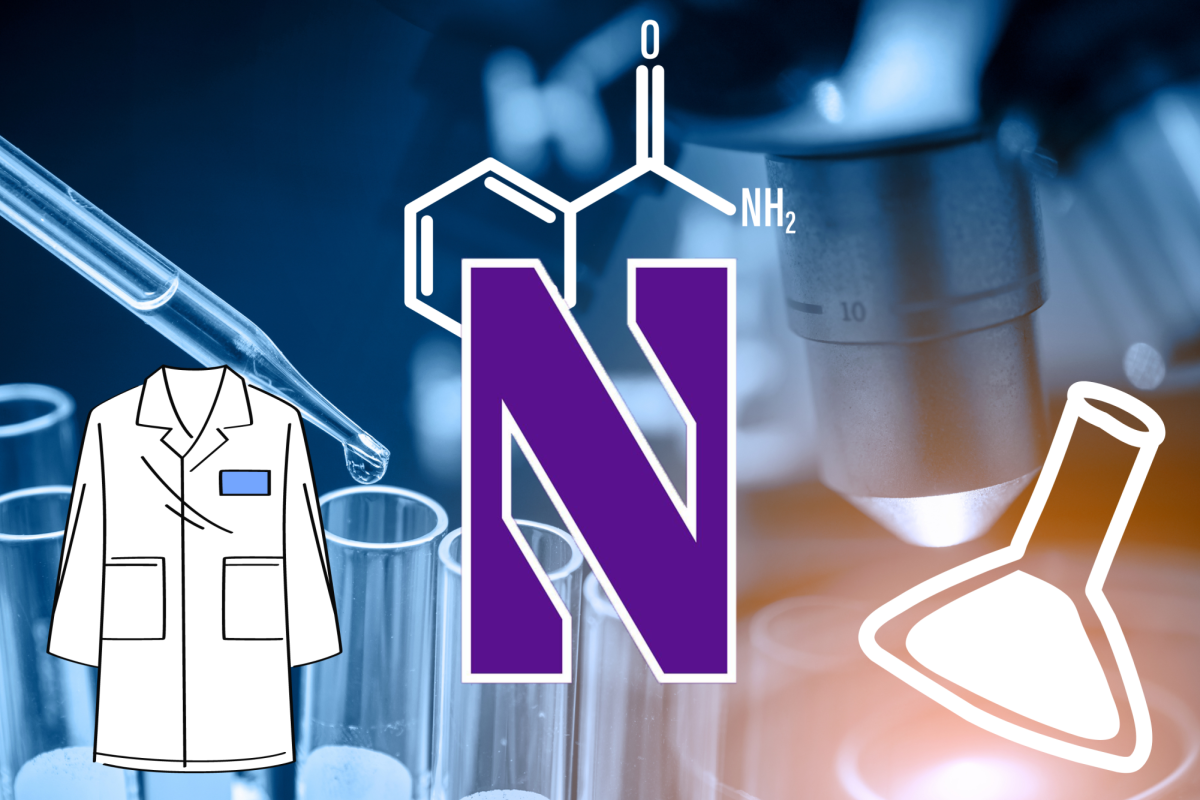A Northwestern professor has made an innovative discovery that could help curb the leading cause of United States cancer deaths: lung cancer.
McCormick Prof. Vadim Backman and the Center for Physical Genomics and Engineering have developed a new test that will allow for early detection, according to a Tuesday news release. The five-year survival rate for lung cancer increases by 51% when the disease is detected early, according to the American Lung Association.
The method is based on carcinogenesis, a new strategy for detecting cancer that utilizes artificial intelligence-enhanced sensing of genome alterations, which indicate the early presence of cancer.
Using a swab of the user’s cheek cells, the test detects the presence of chromatin alterations in cells within the organ field, in this case having progressed from the lungs to the cheeks. The test can be used either at home or in a primary care office.
“A swab of cheek cells can be analyzed to detect signs of these nanoscale changes at a stage when lung cancer is much more curable,” Backman said in the release. “Such a simple, easy-to-administer, and accurate test could increase patient uptake, improve early detection and reduce mortality, as well as reduce false positives and unnecessary procedures.”
Further studies and large-scale clinical trials must be conducted before the method can be employed in clinical care, according to the release.
Backman’s discovery has the potential to detect other types of cancer — including colon, ovarian, esophagus, prostate, breast and others — the release said.
Email: [email protected]
Twitter: @lmschroeder_
Related Stories:
— $45 million granted to NU cancer therapy device project
— Breakthrough in cancer research: Northwestern joins team to detect cancer in early stages
— Northwestern researchers make breakthrough discovery in genetic factors of small-cell lung cancer



















